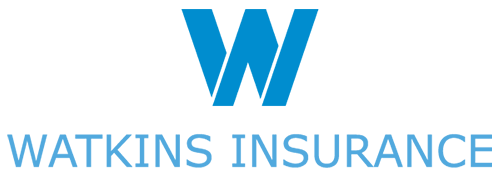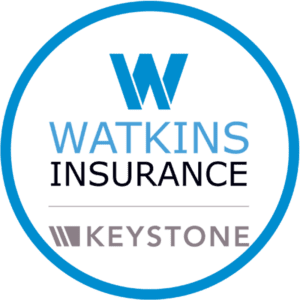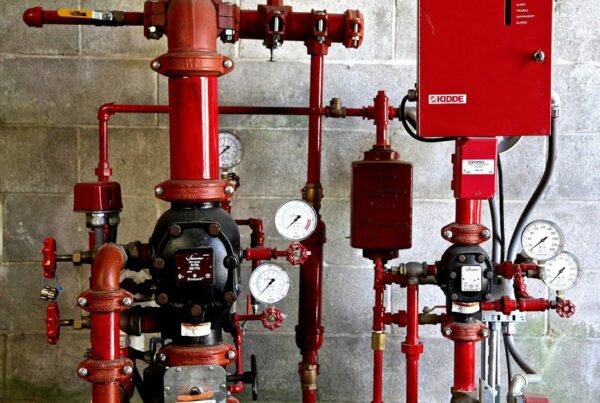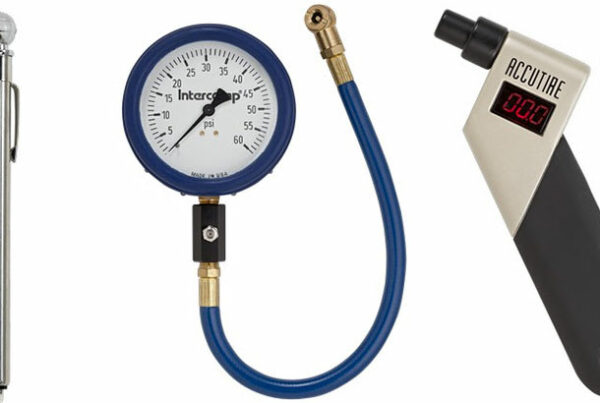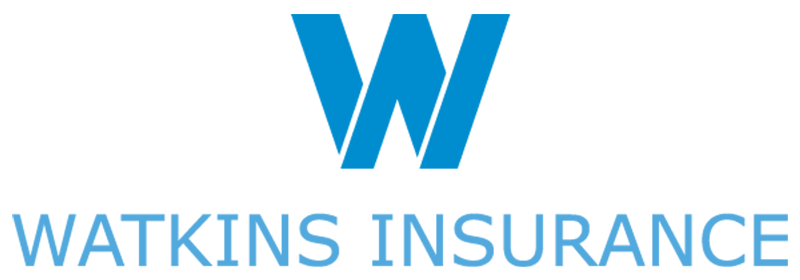Keep your independent agent informed when adapting operations for humanitarian or business purposes due to the impacts of COVID-19. Count on them to help evaluate the immediate, short-term and long-term exposures from changing your operations, such as using staff to deliver food, converting hotels and schools for medical facilities or transitioning to manufacture different products.
Liability tips for adapting to new operations
•Consult with experienced legal counsel when entering agreements for adapting operations
•Consider your expertise and how to obtain more of it when when adapting to new products and services
•Acquire the necessary intellectual property rights, if applicable
•Understand the risk your business assumes for volunteering versus protections available if acting for the federal government under the Defense Production Act
•Understand product safety labeling requirements as issued by the Federal Trade Commission and Food and Drug Administration
•Implement workforce safety and quality control
•Consider supply chain issues from a quality perspective
•Establish a plan to return to normal operations after government restrictions are lifted, especially cleaning and disinfecting of facilities used for COVID-19 related activity
Property shutdown or repurposing
•Preserve the condition of physical plant, equipment and inventory
•Continue physical security of the premises
•Notify your agent if the security services of your property are interrupted, which may be necessary if you have purchased protective safeguard endorsements with your policy
•If physical property is repurposed or operation has changed, consider
–exposures or occupancies of the new operations at the facility
–increased equipment, inventory or property values that need to be adjusted and insured
Auto use changes
•Review additional exposures for your business autos if mobilizing the operations to bring products and services directly to customers, including different use of craft brewery or food trucks
•Consider the need for hired and nonowned auto for use of employee personal vehicles as restaurants, pharmacies or grocery stores deliver goods or gyms, trainers and massage businesses make house calls
•Consider how expanded services impact your exposures by the number of drivers, routes, miles driven and radius of operations for vehicles
•Consider additional business auto exposures if delivering humanitarian services such as food and supplies
•Continue or start risk management for all new drivers, including MVR, background checks and driver safety orientation and training
Worker safety for changing operations
•Contemplate changes to safety plans/programs for new work arrangements, products or processes
•Address safety awareness for the work-from-home or remote environments
•Convey to all employees the importance of timely reporting of any work injuries
•Provide training and monitored supervision to employees performing new tasks or requiring higher physical demands to include safety procedures and protective equipment
credit: Cincinnati Insurance Companies
